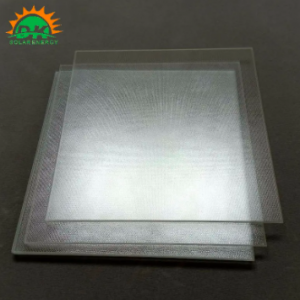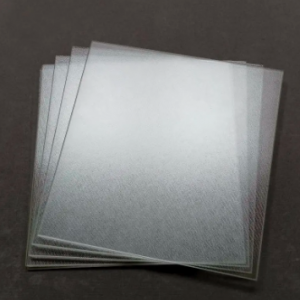Solar energy has become an increasingly popular and sustainable alternative to traditional energy sources. With the growing demand for renewable energy, the use of solar glass is becoming increasingly important in the construction industry. In simple terms, solar glass is a type of glass designed to harness sunlight and convert it into electricity. This innovative technology has several key advantages and is paving the way for a greener, more sustainable future.
One of the most significant advantages of using solar glass is its ability to generate clean, renewable energy. By integrating solar panels directly into the glass, buildings can efficiently generate electricity from the natural sunlight that falls on windows and facades. This reduces dependence on fossil fuels, reduces carbon emissions, and helps combat climate change.Additionally, solar glass is a quiet, low-maintenance energy solution, making it ideal for a variety of applications.
Another benefit of solar glass is that it reduces the need for conventional energy sources and lowers electricity costs. Buildings equipped with solar glass can offset a significant portion of their energy consumption by generating clean energy themselves. This not only saves on electricity bills, but also improves energy efficiency.
Additionally, excess energy generated by solar glass can often be sold back to the grid, providing financial incentives for building owners. Additionally, solar glass offers architectural and design flexibility. It can be customized to fit a variety of shapes, sizes and colours, enabling architects and designers to integrate it seamlessly into their projects. This opens up new possibilities for integrating solar systems into building facades, roofs and windows, making sustainable design solutions more aesthetically pleasing and accessible.
In addition, solar glass helps to improve the indoor comfort of buildings. Its advanced technology allows it to control heat and glare entering the building, while still allowing natural light to illuminate the space. This results in a more comfortable and visually pleasing environment for the occupants.
In addition, solar glass has insulating properties that reduce the need for excessive heating or cooling, thereby helping to conserve energy.
In conclusion, the use of solar glass plays an important role in promoting sustainable development, reducing energy costs, enhancing architectural design and increasing indoor comfort. Its ability to generate clean and renewable energy makes it a valuable solution in the quest for a greener, more environmentally friendly future. As technology continues to advance in this field, solar glass will undoubtedly become an integral part of sustainable building design and energy production systems around the world.
Post time: Jul-07-2023


